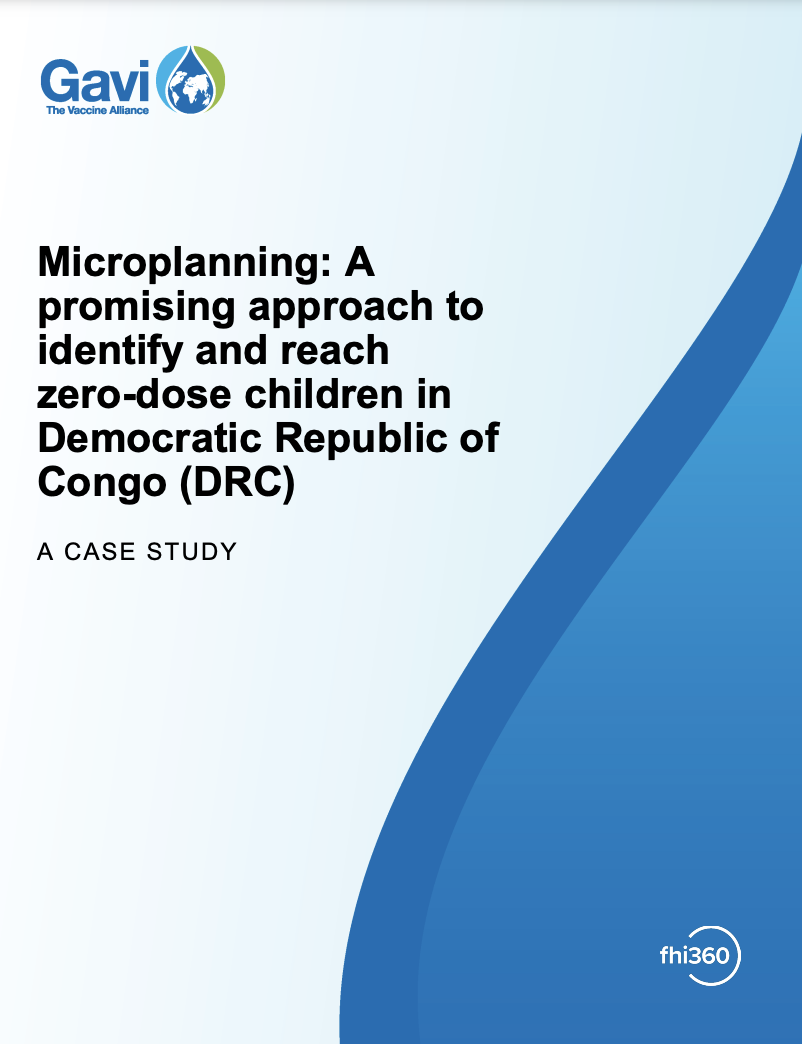REPORT
COVID-19: Supporting the Government of Sierra Leone with mobility data
Anonymised and aggregated data from Mobile Network Operators is a key data source for understanding the mobility patterns of populations, and improving decision-making and scenario planning during the COVID-19 epidemic. This data can be analysed in near real-time and provide an overview of mobility patterns across all of Sierra Leone.
This mobility report, using Africell’s Call Detail Records, is produced by Sierra Leone’s Directorate of Science, Technology and Innovation (DSTI); Flowminder Foundation; Africell Sierra Leone; MIT GovLab; MIT Civic Data Design Lab, December 2020.
| Authors | Sierra Leone's Directorate of Science, Technology and Innovation (DSTI); Flowminder Foundation / GRID3; Africell Sierra Leone; MIT GovLab; MIT Civic Data Design Lab |
|---|---|
| Source | flowminder.org |
| Published | December 2020 |



